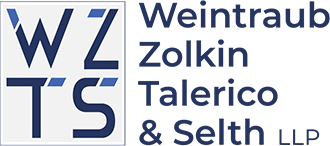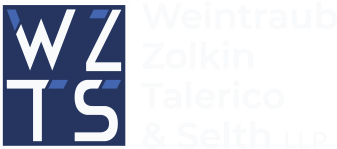A predatory lending scheme that has blossomed in the past two years has been generating billions of dollars for the lending companies, millions for the agencies that enable the scheme and has driven thousands of small businesses across the country out of business.
The epicenter is New York, where an arcane method of collecting debts has been used and abused by cash advance companies to freeze and drain bank accounts of businesses from Alaska to Florida.
A national scheme based in New York
Here’s how the scheme, uncovered by investigative reporting by Bloomberg Businessweek, unfolds:
A small business will receive an unsolicited email or fax or phone call from a cash advance firm that will offer to lend money. The businesses are typically of a size and income that prohibit loans from established banks. In return for the loans, the business owner will promise to repay at an annualized interest rates of as high as 350 percent.
The lender will be based in New York, and among the paperwork signed by the business owner will be an arcane legal document called a confession of judgment. By signing this document, the business owner gives up the right to defend themselves if the lender takes them to court. Federal law bans confessions of judgment, as do many states, but New York still allows them.
The business owner will either miss a payment or, as Bloomberg Businessweek discovered, the lender will forge or misstate a missed payment. Using this information, the lender will file documents in any county court in New York allowing it to seize the business owner’s funds. Some county court officials will quickly sign the documents or process them with a literal rubber stamp. They collect filing fees along the way.
The documents then go to one of 35 New York City marshals who are appointed by the mayor to collect private debts. These marshals contact the business owner’s bank to put a freeze on their accounts and drain them of the loans plus interest plus the marshal’s 5 percent fee.
The banks, which must have offices in New York (as most do, although Bloomberg Businessweek found several that don’t but still collaborated in the scheme), will receive the paperwork, freeze the accounts and then drain them of the money requested from the marshal – along with a bank processing fee – all without telling the business owner.
The marshal then returns the money to the lender.
A $1.5 billion business
There were 14 cases of confession of judgment before 2012 in New York and 25,000 since, according to Bloomberg Businessweek. So far, they have brought in $1.5 billion.
Although the cash influx has bought them nice offices, most of the cash advance lenders are boiler-room operations, according to Bloomberg Businessweek. They target small companies such as contractors, florists and real estate companies in need of cash to expand but have found larger banks in the post-Great Recession economy unwilling to give them loans.
The businesses can be located anywhere in the U.S. The confession of judgment is valid only in New York but can be used against the businesses as long as the bank they use has an office in New York.
For their part, the county officers, the marshals and the banks say they are following the law and are being reimbursed for their efforts.
Bloomberg Businessweek notes that while some of the cases may involve fraud, few lawyers will take the case from a business that is already out of money and involves entities in New York, which may be thousands of miles away.

